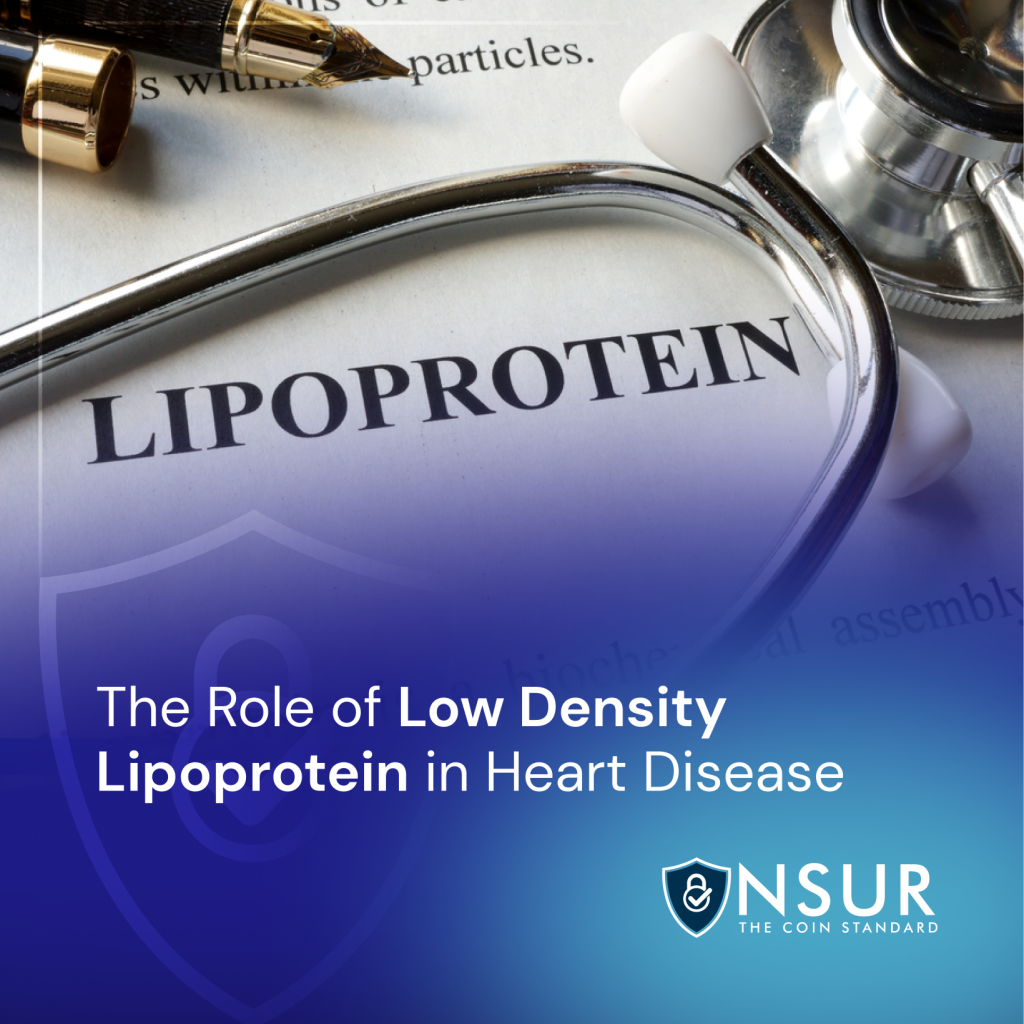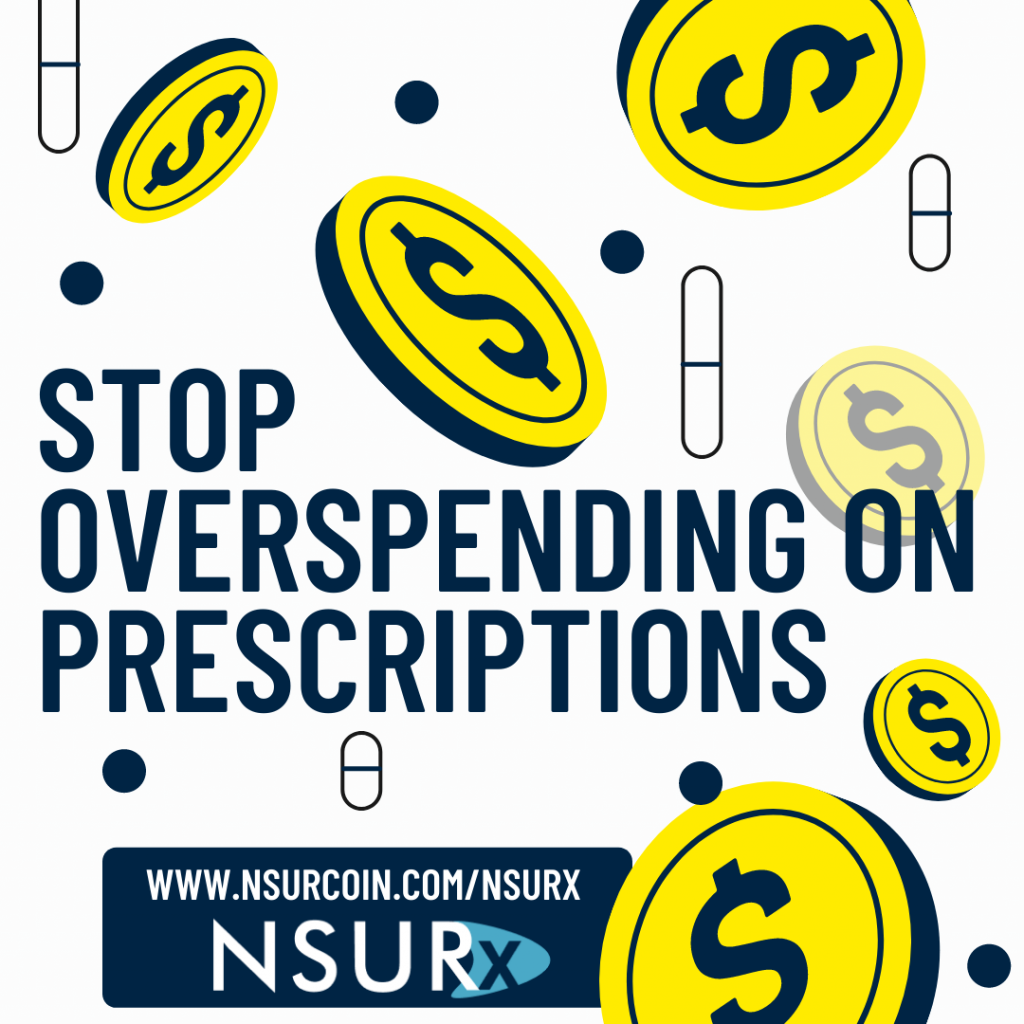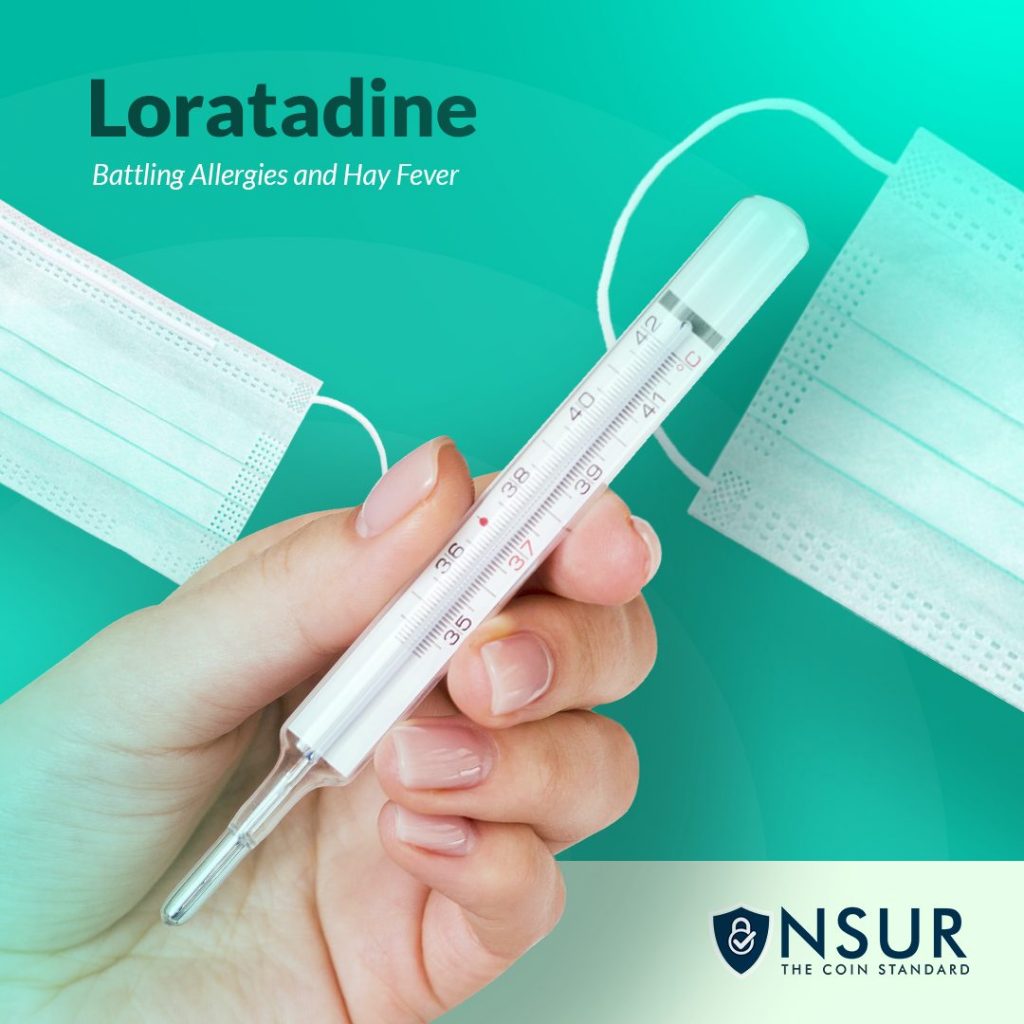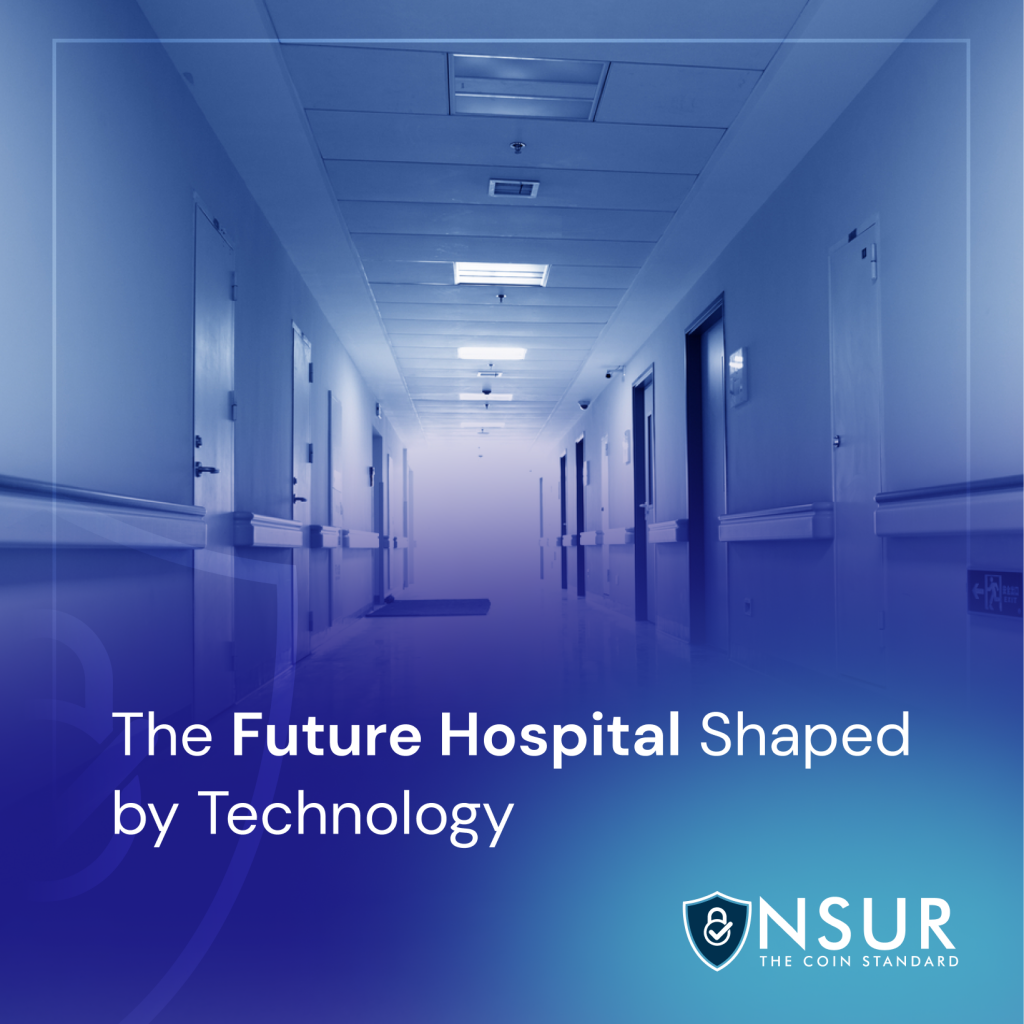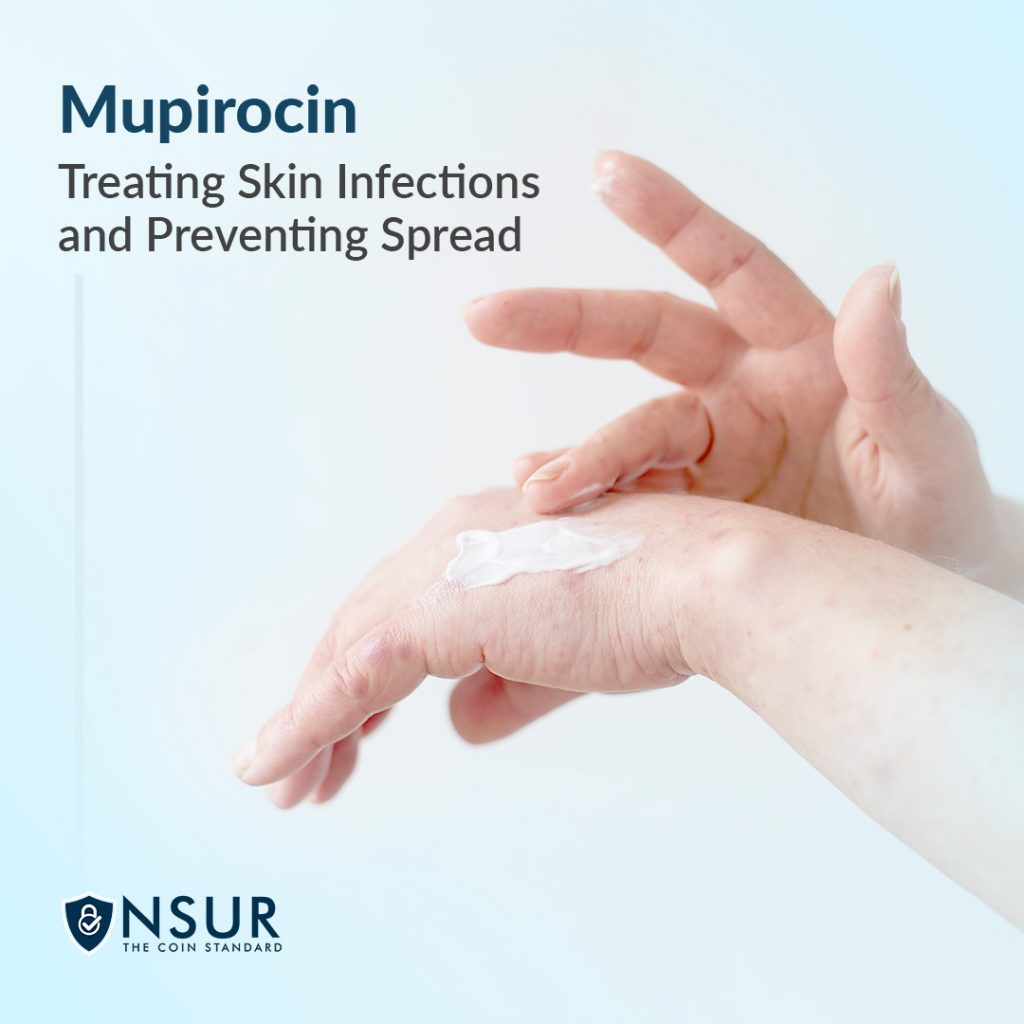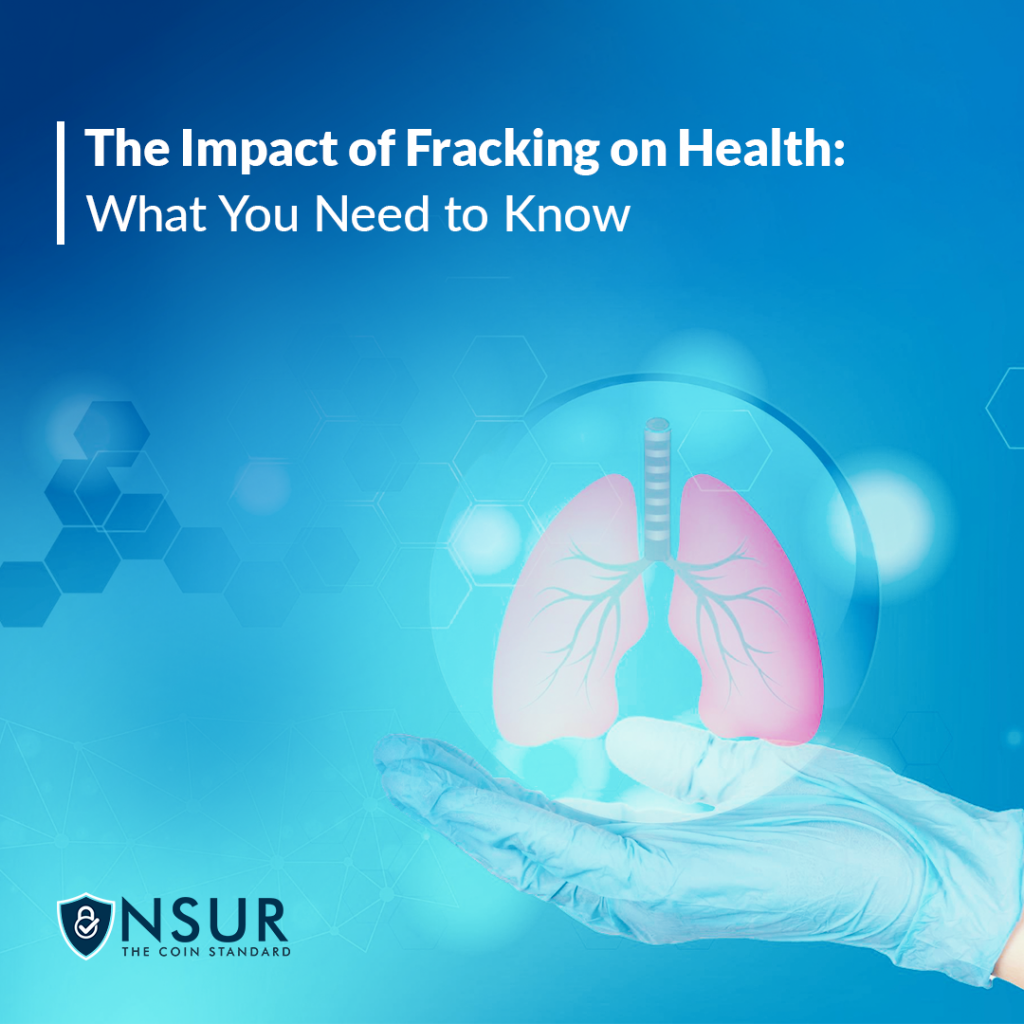
Fracking, or hydraulic fracturing, has become a popular method for extracting natural gas and oil from underground rock formations. Despite its economic benefits, there is growing concern about the potential health risks associated with this process. In this blog, we will delve into the possible impacts of fracking on human health and discuss what you need to know to stay informed.
What is Fracking?
Fracking is a process in which a high-pressure fluid is injected into deep rock formations to create fractures, allowing natural gas and oil to flow more freely. The fluid typically consists of water, sand, and a mixture of chemicals. This technique has revolutionized the energy industry, making previously inaccessible reserves available for extraction. However, concerns have arisen regarding the potential health risks and environmental consequences of this practice.
How Can Fracking Impact Health?
There are several ways in which fracking can potentially affect human health:
Air Pollution
During the fracking process, various pollutants are released into the air, including volatile organic compounds (VOCs), nitrogen oxides (NOx), and particulate matter. These pollutants can contribute to the formation of ground-level ozone, which is associated with respiratory problems, particularly for people with pre-existing conditions such as asthma. Additionally, exposure to high levels of VOCs has been linked to a range of health issues, including headaches, eye irritation, and dizziness.
Water Contamination
Fracking has the potential to contaminate water sources in multiple ways. The chemicals used in fracking fluid can potentially seep into groundwater supplies, and leaks or spills can lead to contamination of surface waters. Furthermore, the disposal of wastewater generated during the fracking process can also cause contamination if not properly managed. Exposure to contaminated water can lead to various health problems, including gastrointestinal issues, skin rashes, and neurological effects.
Noise and Light Pollution
The process of fracking involves heavy machinery and intense drilling, which can lead to increased noise levels in surrounding areas. Prolonged exposure to high levels of noise can result in sleep disturbances, stress, and even hearing loss. Additionally, fracking sites are often lit up during nighttime operations, which can contribute to light pollution and disrupt the natural sleep patterns of nearby residents.
Stress and Mental Health
The presence of fracking operations can also affect the mental health of individuals living in close proximity. The noise, light, and air pollution associated with these operations can lead to increased stress levels, anxiety, and depression. Additionally, the uncertainty surrounding the potential health risks of fracking can exacerbate these mental health issues.
What Can Be Done to Minimize Health Risks?
To mitigate the potential health risks associated with fracking, several measures can be taken:
- Regulation and Monitoring: Governments should establish and enforce strict regulations to ensure that fracking operations follow best practices in order to minimize air and water pollution. Regular monitoring of air and water quality near fracking sites can help identify any potential contamination issues.
- Transparency: Companies involved in fracking should disclose the chemicals used in the process, allowing for proper assessment of potential risks and enabling appropriate measures to be put in place to protect public health.
- Research: Continued research into the health impacts of fracking is essential to better understand and address the risks associated with this process. This research should be used to inform policy decisions and industry practices.
- Community Engagement: Open dialogue between fracking companies, regulators, and local communities can help address concerns, promote transparency, and ensure that health risks are effectively managed.
Take advantage of NSURx for your prescription drugs!
With the NSURx Prescription Benefit Card, you can save money on your medications at more than 35,000 pharmacies across the United States.
You can save up to 80% on your medication by using an NSURx card. Hundreds of dollars in savings could be yours every time you fill out your prescription.
The more you shop with NSURx, the more NSUR Coins you will receive as a reward.
Reference:

